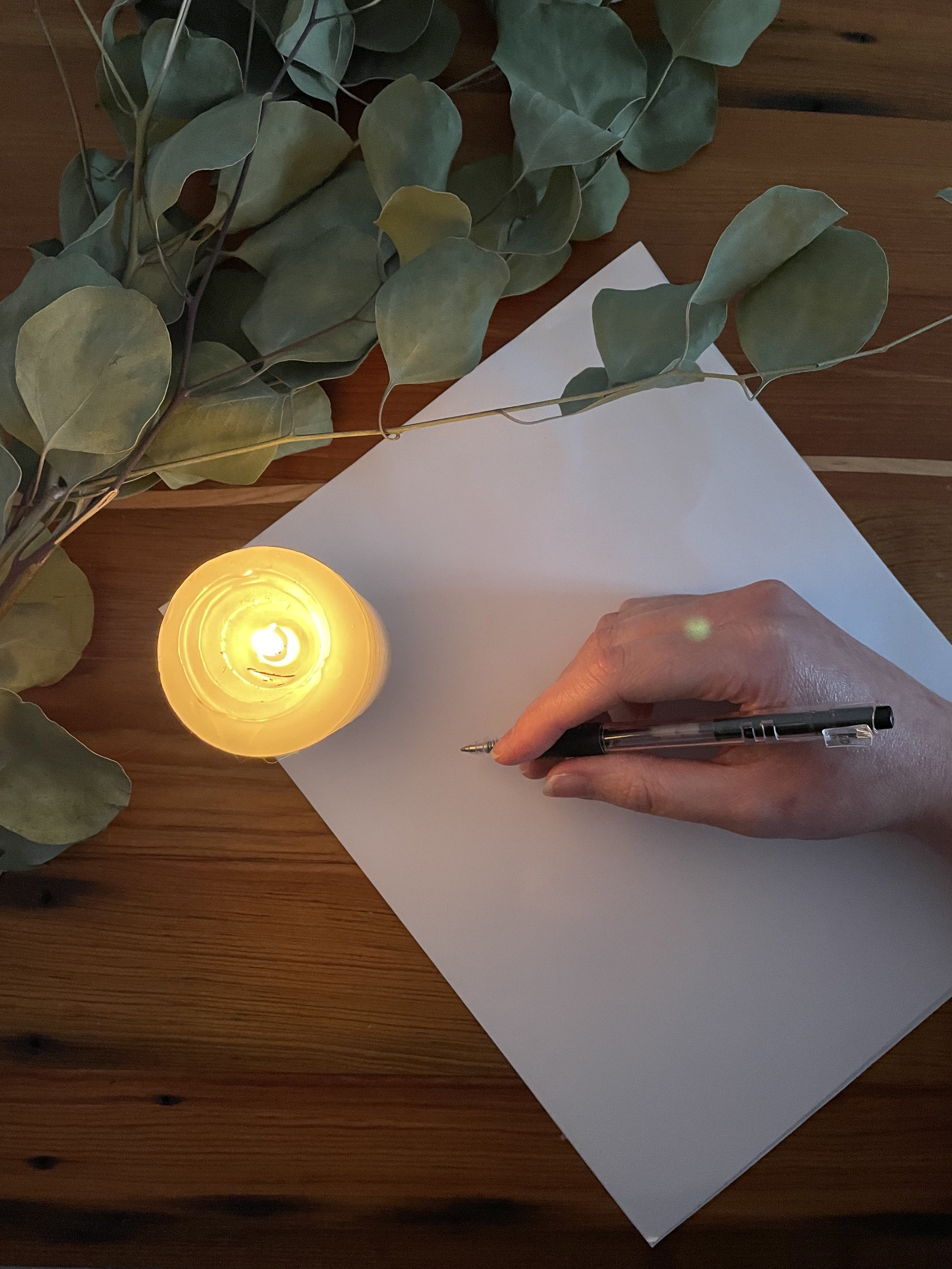
Frequently Asked Questions
Q: Who can do Proprioceptive Writing® (PW)?
A: Anyone who can read and write on a third grade level can do PW. We have effectively taught elementary school students, home schoolers, M Ds, and PhDs. The method has great simplicity. The method has great simplicity, yet its effects are profoundly deep. It promotes an inner sense of hearing and self-acceptance, which grows stronger with practice.
Q: What is the best way to start?
A: You can begin alone or with a teacher. Many people prefer to get started with a teacher at an in-person immersion or in an online series. Others get started by reading the book Writing the Mind Alive, which introduces the theory of Proprioceptive Writing and provides a step-by-step blueprint for beginning the practice.
Q: What is the basic process?
A: Proprioceptive Writing is practiced to Baroque music in 25-minute sessions, alone or in groups, under conditions that promote relaxation and reflection. Several procedures are in place to help you reflect on your thoughts as you write, so you delve deeper and get clearer about the meaning each thought holds for you.
Q: Is PW a meditation or writing method?
A: It’s both! PW is a meditation that takes place in writing. Like many forms of meditation, the goal is to gain freedom from attachment to your thoughts. However, in PW you engage the thoughts and feelings that arise, while in meditation you seek to let them go. They are different methods for entering the same inner world.
Although you don’t learn the writer’s craft through PW, many people with an interest in writing are drawn to it. You do develop wonderful access to your imagination, which can help to dissolve blocks and generate new raw material for use in writing projects. Regular practitioners often find that it’s an excellent foundation for developing a writing discipline.
Q: Is PW therapy?
A: PW is not therapy; it’s therapeutic. As with psychotherapy, it can generate insight and catharsis through close examination of your experiences, thoughts, and feelings. An adjunct to the healing arts, it provides a framework for deepened self-knowledge, eventually helping you to understand yourself and others better, solve personal problems, and ultimately, become happier. Many psychotherapists and body workers recommend PW to their clients, and practitioners may take proprioceptive writings with them into therapy sessions.
Q: How does PW develop your spirituality?
A: PW practitioners testify to the spiritual benefits of an ongoing practice. They report feeling at peace with themselves as never before. By experiencing themselves as part of the broader human picture, they feel greater connectedness to others and feelings of empathy and compassion increase.
Q: What are the health benefits of PW?
A: Controlled studies have shown that reflective writing which expresses emotion has positive effects on health: it lowers blood pressure, creates beta waves, produces endorphins, boosts the immune system, even reduces frequency of doctor visits. (See James W. Pennebaker, Ph.D.)


